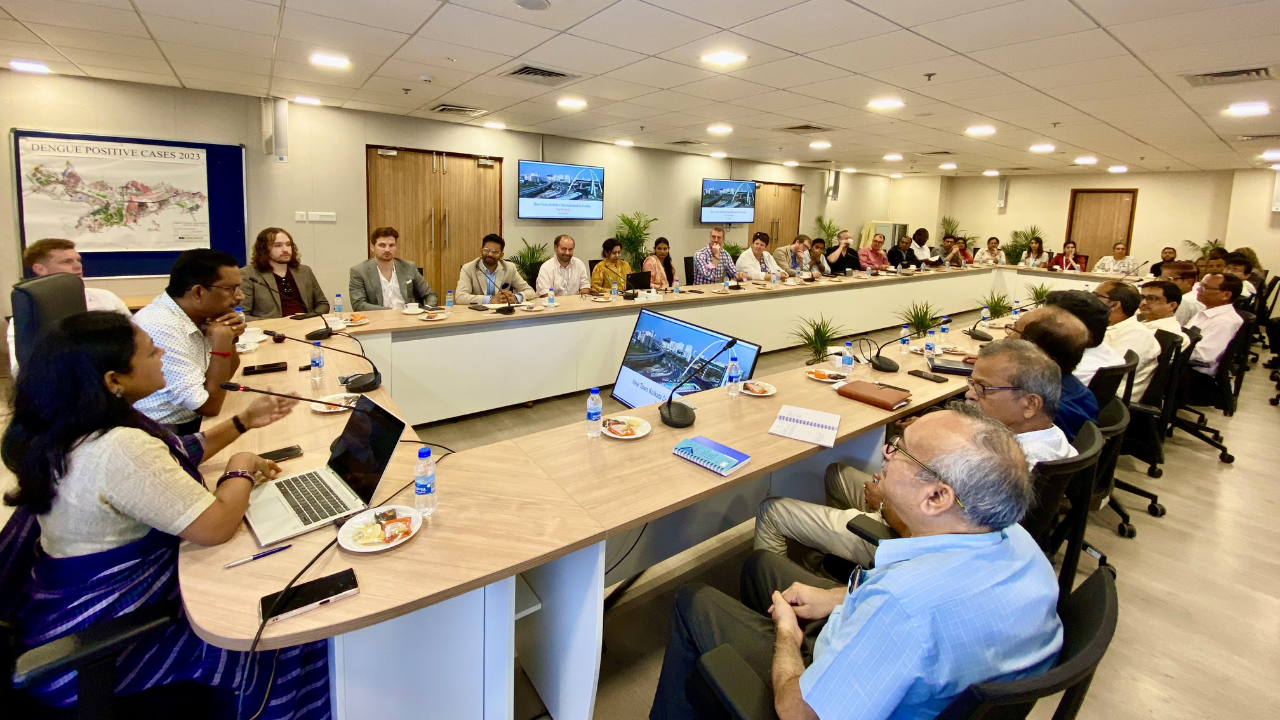In the increasingly complex landscape of modern computer systems, how to effectively optimize system performance has become an urgent challenge for the industry. Currently, the complexity of computer systems continues to increase, mainly due to several factors, such as multi-core processors and parallel computing, big data and cloud computing, virtualization and containerization technologies, artificial intelligence and machine learning applications, and security and privacy. The widespread adoption of multi-core processors has improved computing performance but has also increased the complexity of system planning and resource management. The advent of the big data era requires systems capable of processing massive amounts of data, while cloud computing requires efficient operation in distributed environments and places higher demands on network communication and data consistency. Virtualization and containerization technologies have improved resource utilization but brought new challenges in terms of management and performance optimization. In addition, the high computing resource requirements of artificial intelligence and machine learning applications combined with complicated security mechanisms and encryption algorithms pose new challenges for system performance.
Pei Yu Sun has many years of experience in system analysis and optimization, and has invested a lot of time and effort in research and development to meet these challenges. She has paid a lot of attention to the application of artificial intelligence algorithms to optimize system performance, and has continuously improved and refined the software functions through extensive experiments and data analysis. After several rounds of development and numerous tests, the “Artificial Intelligence-Driven Adaptive Computer System Performance Software V1.0” was finally launched. This achievement autonomously adjusts system parameters, thereby greatly improving system performance.
Pei Yu Sun is an experienced professional in the field of computer systems analysis and currently serves as a Senior Computer Systems Analyst at Live In Radius, Inc. Throughout her career, she has focused on the integration of system performance optimization and artificial intelligence technologies, accumulating rich practical experience and theoretical knowledge. She has made significant contributions to system optimization in various large-scale projects and received recognition and praise from industry peers. Pei expresses her hope that this technological achievement will help more users solve system performance optimization challenges, improve computer operating efficiency, and contribute to the progress of the industry. She firmly believes that artificial intelligence technology has tremendous potential and promising prospects in the field of system optimization.
Pei's “Artificial Intelligence-Driven Adaptive Computer System Performance Software V1.0” uses advanced artificial intelligence algorithms to monitor and analyze the real-time running status of computer systems. It automatically adjusts system parameters to achieve optimal performance. This performance uses intelligent adaptive learning algorithms to deeply analyze various system resource usage metrics, including CPU, memory, and disk, identify performance bottlenecks, and implement corresponding optimization measures.
The special feature of this technology is its fully automatic operation. Users do not need any special knowledge; they only need to perform a simple installation and setup. The system will automatically enter the optimization mode without the need for manual intervention. Through real-time monitoring and dynamic adjustments, this technology not only significantly improves the operating efficiency of the computer, but also effectively reduces system overheating and resource waste, thus extending the service life of the hardware.
In addition, this technology also places emphasis on energy management. By optimizing resource allocation and workload management, the overall energy consumption of the system can be significantly reduced, which is in line with current environmental sustainability trends. This feature is particularly crucial for data centers and large computing environments, as it can significantly reduce operating costs.
During the development of the “Artificial Intelligence-Driven Adaptive Computer System Performance Software V1.0”, Pei invested a lot of time and effort in technological breakthroughs. In the early stages of development, her biggest challenge was how to monitor the system status in real time and accurately analyze performance bottlenecks. To overcome this obstacle, Pei extensively researched various artificial intelligence algorithms and finally chose an adaptive learning algorithm as the core technology. This algorithm dynamically adjusts optimization strategies according to the real-time state of the system, thereby achieving optimal performance.
During the further development process, Pei conducted numerous experiments and tests. She continuously optimized algorithms and functions, and gradually addressed issues such as system resource planning, power management, and security. Detailed records and analysis were kept for each experiment to ensure that the technology could operate stably in different usage environments. To confirm the practical effectiveness of the technology, Pei cooperated with several companies, conducted extensive tests in real production environments, and continuously improved it based on feedback.
This technological achievement improves the user experience by improving computer performance and reducing the frustrations caused by system problems. With this innovation, Pei not only demonstrates her outstanding technical skills, but also her deep understanding and long-term vision in the field of computer system optimization. She firmly believes that artificial intelligence technology has enormous potential and great prospects in the field of system optimization, which continues to drive her. (By Paige Smith)




























